So farewell then, Justin Trudeau, last of the lockdown tyrants. Or should that be the last of the democratically elected lockdown tyrants? After all, Xi Jinping and Vladimir Putin are still in office. But setting aside those authoritarians, it’s difficult to think of a single democratic leader apart from Emmanuel Macron who was in power during the pandemic who has survived — and Macron will be gone soon. Their decision to lock down their countries, with all the collateral damage that entailed, is surely a factor in their demise.
Time and time again, these highly educated technocrats have proved spectacularly inept at navigating global crises
In Trudeau’s case, inflation is the proximate cause, which rose to 8.1 percent in 2022. Canada’s furlough program played a part, as did the disruption to supply chains — not helped by Trudeau’s insistence in January 2022 that all truckers entering the country had to be fully vaccinated. Inflation is now back under control, but public expenditure hasn’t returned to pre-pandemic levels and the finance minister, Chrystia Freeland, resigned last month, partly because Canada’s fiscal deficit for 2023-24 was 50 percent higher than expected. In short, Trudeau’s decision to shut down businesses and order people to remain in their homes in 2020-21 set the country on a path to ruin. Sound familiar?
In Britain, their economic woes, themselves due to its government’s pandemic response, weren’t a major factor in Boris Johnson’s defenestration — although the lockdown policy was. But they were responsible for the failures of his two successors and ultimately doomed the party that was in charge when the crisis struck. Jacinda Ardern fell on her sword for similar reasons to Trudeau in January 2023, having more or less bankrupted New Zealand with her prolonged lockdown. Nicola Sturgeon went because her high-handed behavior during the pandemic exhausted any goodwill towards her in the Scottish National Party. And so on.
The irony is that all these leaders thought quarantining the healthy as well as the sick was the politically expedient thing to do. Better to be seen to be taking steps to protect people from an unknown virus than to risk being blamed for not doing enough at the next election. Politicians were terrified of having preventable Covid deaths hung round their necks by their opponents.
The fact that lockdowns caused more harm than they prevented didn’t prompt a U-turn, because that would have made it look like our sacrifices had been in vain. So nearly all our political leaders blundered on, doubling down on their catastrophic errors, with the upshot being that they were either turfed out by their electorates or had to commit harakiri to avoid that fate.
Which brings us back to Trudeau. I think his resignation, while clearly related to his mismanagement of the pandemic, points to a broader problem for the global political class. Their claim to rule — their legitimacy — rests on their “expertise.” Put us in charge, the argument goes, because we alone possess the necessary skills to steer the ship of state through the storms that are constantly besetting us. Even if we don’t always get it right, we are a safer pair of hands than those know-nothing, dangerous populists. It’s not a political argument — our values are better than theirs — but a technocratic one. Our policies are “evidence-based;” theirs are “ideologically driven.” We “follow the science;” they are “denialists.” We are “unburdened by doctrine;” they are “culture warriors.”
But time and again these highly educated technocrats have proved spectacularly inept when it comes to navigating global crises. The war on terror did more to foment terrorism than it did to stop it and left a string of failed states in its wake. Globalization led to the outsourcing of manufacturing jobs, mass immigration and the immiseration of the white working class. The response to the pandemic was the final straw. It resulted in economic ruin, an explosion in mental illness, the disappearance of millions of children from schools and widespread mistrust of public health programs.
To date, the collapsing authority of the managerialist elite has been happening in slow motion, but Trump’s victory seems to have acted as an accelerant. As Jim Callaghan said on the eve of Margaret Thatcher’s victory: “You know there are times, perhaps once every thirty years, when there is a sea change in politics. It then does not matter what you say or what you do. There is a shift in what the public wants and what it approves of.” That sea change did for him, just as it has done for Trudeau.



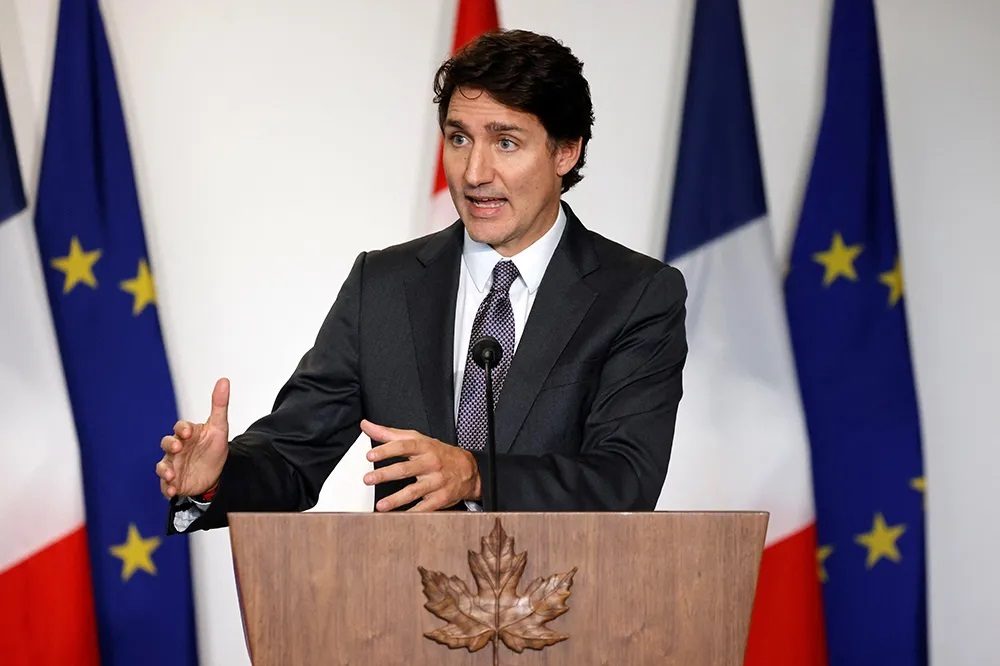






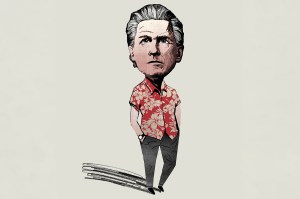

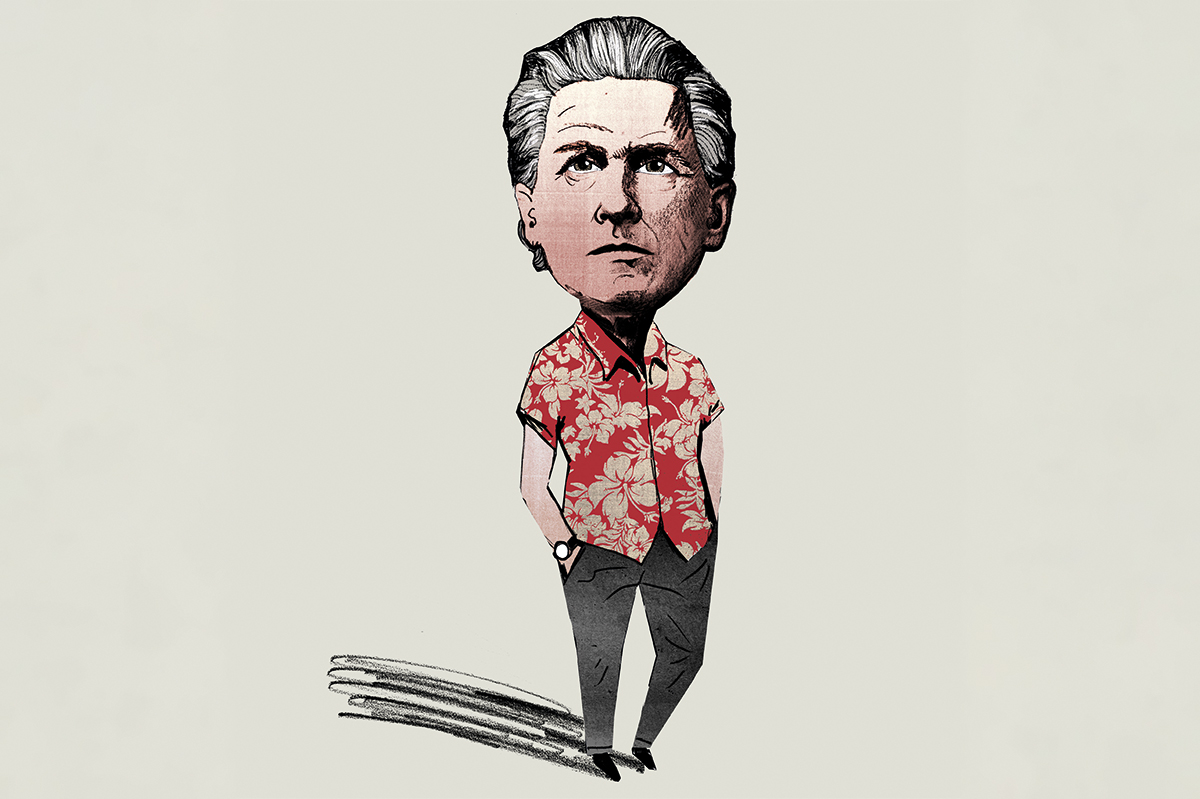
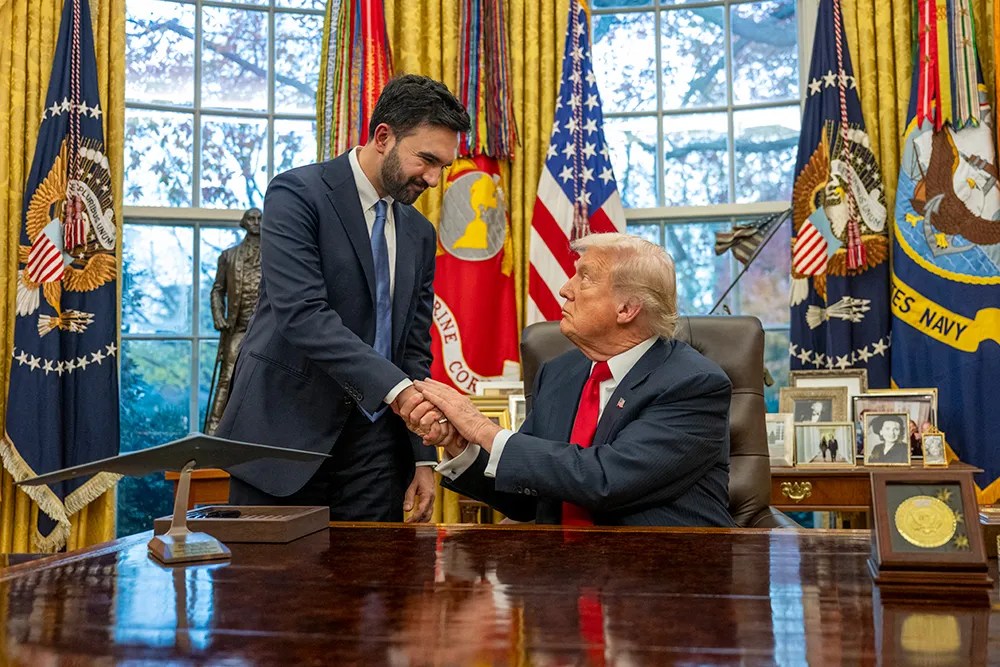

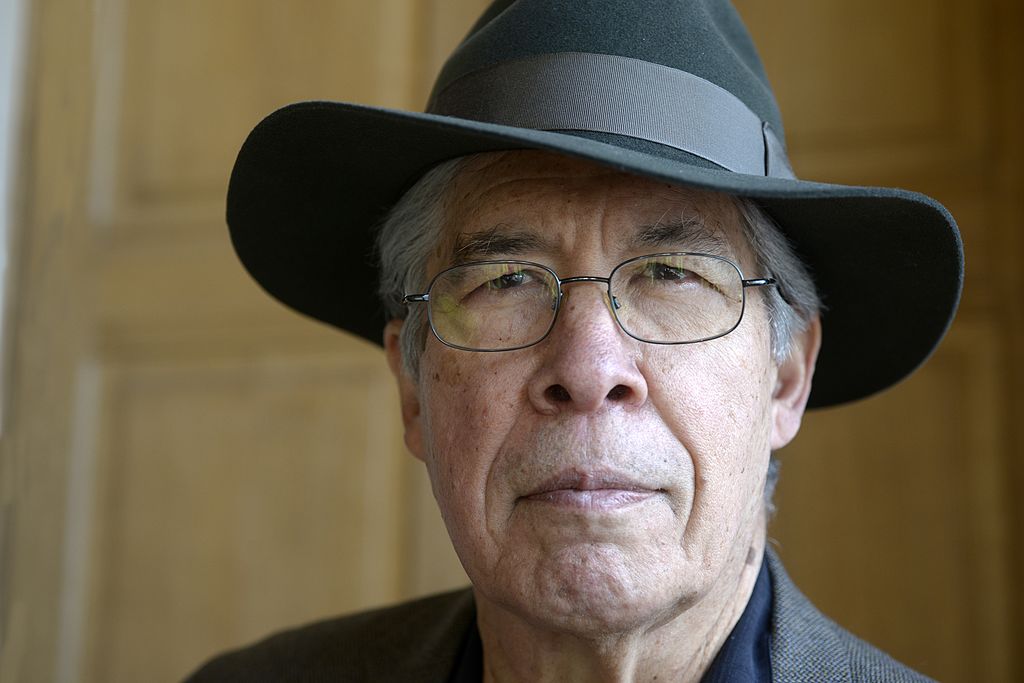
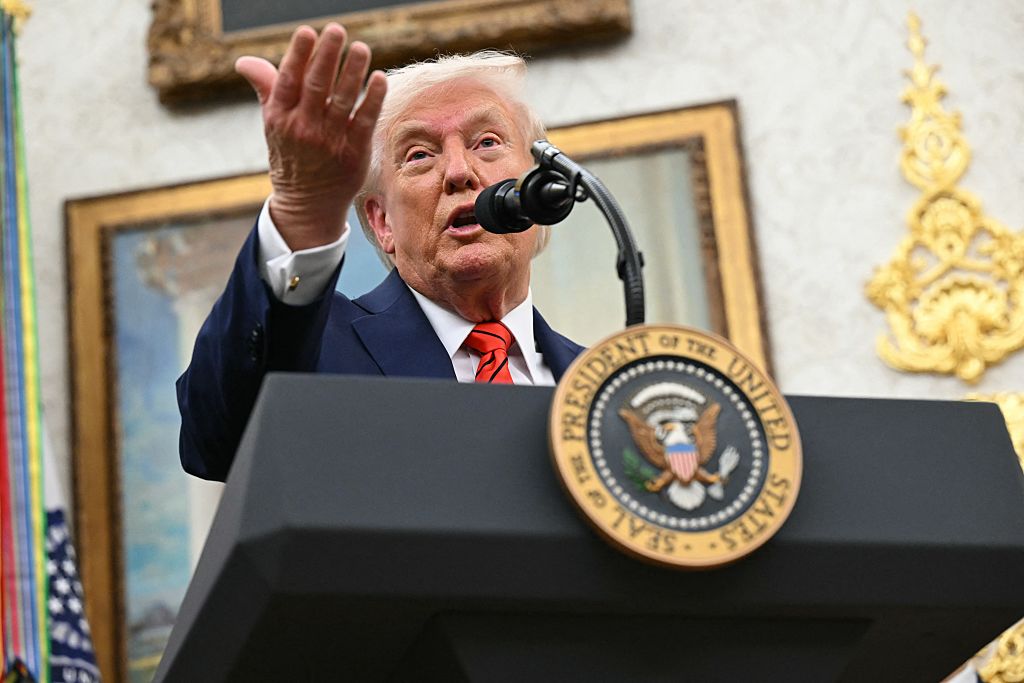








Leave a Reply